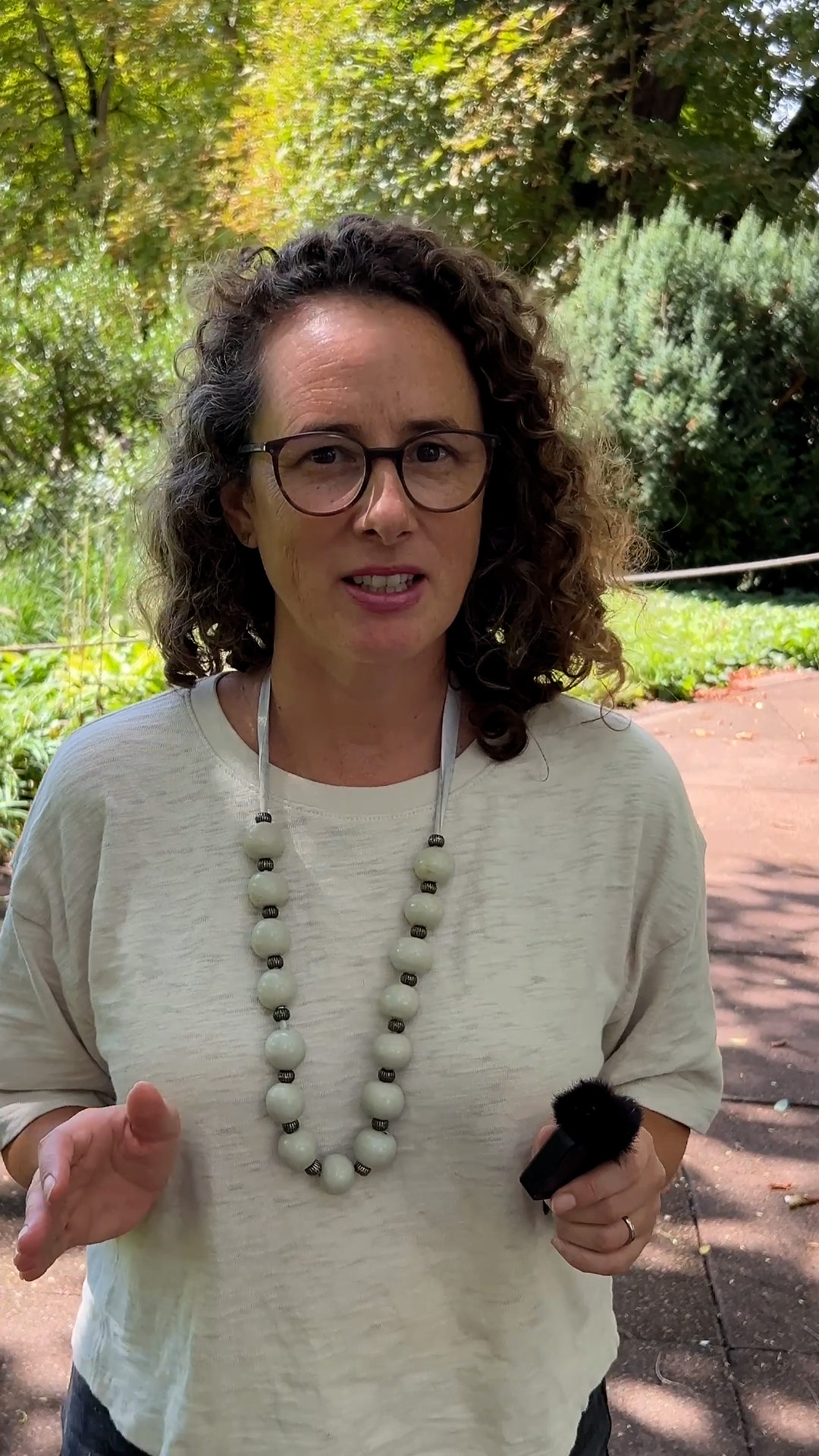
Investors encourage Swiss entrepreneurs to persevere

For the first time since mid-2000, investors in privately owned firms say there are reasons to be cheerful.
According to Marcel Erni of Partners Group, a Swiss-based “fund of funds” manager, the market, at least in the US, is easing.
It is becoming somewhat easier for venture-backed companies to raise growth capital. Speaking at the Swiss Equity Fair in Lucerne this month, Erni said there was an increase in initial public offerings (IPOs) in the US, the bellwether of the equity markets.
The number of initial public offerings (IPOs) increased from three VC-backed offerings in the first half of 2003 (all are today trading above offering price) to nine in the third quarter, according Thomson Venture Economic data.
Erni added that more than 20 firms have filed IPO documents in the US, including venture-backed entities, such as Eyetech Xcel Pharmaceutical, and Pharmion Corp. The well-known search engine company, Google, is also expected to go public in 2004.
Experts have warned though that the numbers are on a very low level and it is too early to assume a trend.
But, it is the “best proof” that “great companies” are able to find an exit in difficult times, commented Bruno Raschle of Adveq, another VC fund management company.
Raschle pointed out that the numbers are nevertheless a “tiny fraction” of all companies financed by the private equity industry in any given “vintage” year.
Increase in mergers
In addition, acquisitions of venture-backed firms are on the rise to. Microsoft’s $200 million (SFr265 million) acquisition of Java-based applications designer PlaceWare, a firm that was backed by 3i, InterWest, Invesco, and HP, is just one example.
Closer to Switzerland, Novartis Pharma AG acquired Idenix Pharmaceuticals for $255 million. Its investors included CSFB, MPM, TVM, and the Novartis Venture fund.
In Basel, Actelion bought Axovan AG in a SFr252 million deal.
These transactions are what make the venture capital industry go round. Without them, investors do not have new capital to invest.
In Switzerland though, investors are not quite as optimistic. The IPO window has not yet opened on the SWX and even if it does, it will be tough for high-growth firms after the debacle of the technology boom, they say.
Swiss Equity Fair
An informal poll at the Swiss Equity Fair revealed that there is little hope of an IPO for high technology, high-growth firms before 2005. If an IPO takes place sooner, it will most likely be a life science firm.
The message from investors in the third quarter of 2003 is that there is plenty of money to invest. They are looking for deals.
However, the term sheets, the contracts where venture capitalists lay out their criteria for investment, are “tough and back to normal”, said Erni.
What he means by normal is that valuations are not as high as they were during the tech bubble, management teams have to have experience in their chosen field, or there have to be board members with that kind of experience.
Added to that, financial plans have to be realistic, and the path to profitability needs to be quite clear.
Another venture capitalist, Alain Nicod, CEO of Venture Incubator Partners, said that he also felt that the market had returned to “health”.
The old, or the “new economy bubble”, model where a high tech firm doubles, triples or quadruples its valuation every few months has proven unsustainable.
No premiums
Nicod added that investors have to realize that they are not going to get a premium each round of investment. It is healthier to accept lower valuations for a long-term payoff, he said.
The same advice is offered to entrepreneurs. He says that firms should not automatically choose the term sheet with the highest valuation because too often such term sheets include “catches”, such as multiple liquidation preferences, ratchets, and pay-to-play provisions.
These terms can wipe out a company and its founders’ investment should anything go wrong when the firm is sold. Preferred shares will be compensated first, often leaving the early investors with nothing.
Nicod said that technologists have also realized that they are not always the best people to run a startup company.
The trick is to attract talented management to the high-tech venture and let the scientists stick to R&D and technology.
Erni gave some positive news to entrepreneurs, pointing out that there are more than 1000 VC funds in business worldwide.
It is an international business and entrepreneurs need to “go and find the investor that fits”, and do not only look at the Swiss market.
Erni’s closing words: “Fight – it’s worth it!”
by Valerie Thompson

In compliance with the JTI standards
More: SWI swissinfo.ch certified by the Journalism Trust Initiative






































You can find an overview of ongoing debates with our journalists here . Please join us!
If you want to start a conversation about a topic raised in this article or want to report factual errors, email us at english@swissinfo.ch.